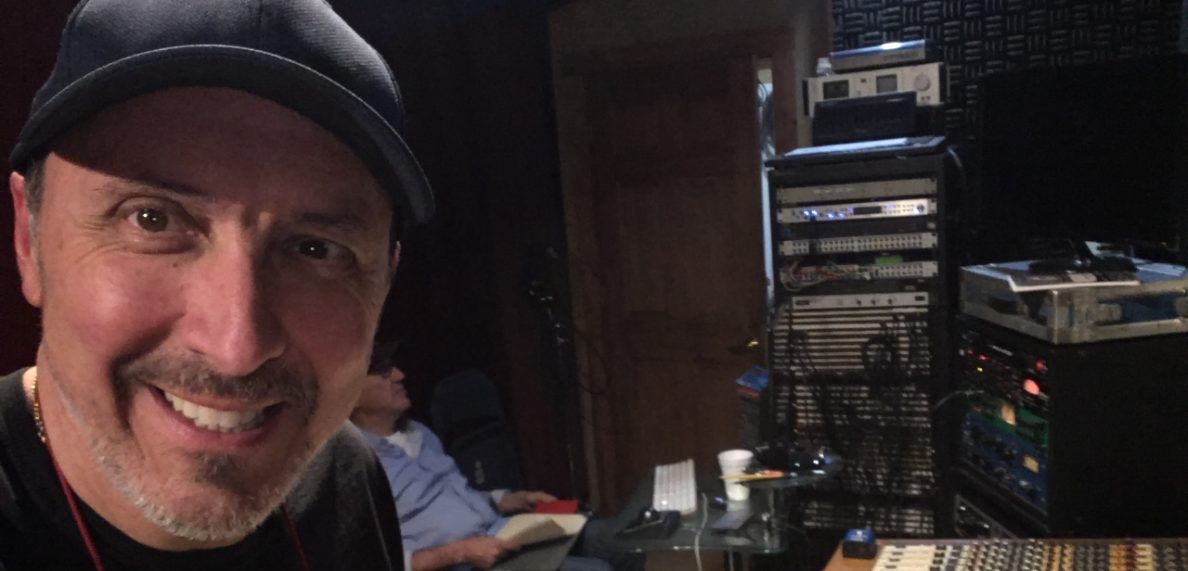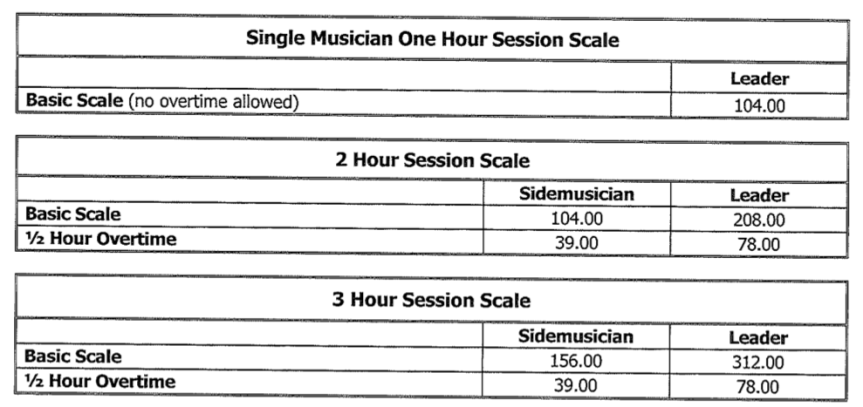
Song Selection
Let’s first assume that you’ll be looking for some terrific Nashville tunes for your project. These are songs written by hit writers here in town that haven’t found their way to radio yet. One of the things I hear all the time is, “Wow, that song is so great…..! Why isn’t it on the radio?”.
Let’s be honest. Nashville is filled with thousands of good writers, hundreds of great writers, dozens of songwriting legends, and only a relatively few spots on the radio for hit singles. This town is absolutely brimming with “hit” songs that will never be heard by the general public. It’s my job as a producer to help you find great big songs that fit your unique style, voice and musical expectations.
I have forged some wonderful friendships and co-writes with great writers in town, so I have a pretty big catalog of songs to pick from. Of course, not all songwriters let their songs go to independent artists, but many do. I’ve had 100% success in finding the right songs for my projects, it just takes some time and a little homework.
Some of my clients bring in their own songs and we create some awesome tracks! Maybe you’ve written some stuff that needs a little creative attention, or just needs some brushing up. That’s cool, we can do that. But if the songs stink, sorry, I’m gonna tell you. Plain and simple.
Licensing
In order to pay the rent (or maybe just buy a gallon of milk, I’ve had those checks too) songwriters rely on royalty income from the songs they’ve written. But get this, when you record one of their songs, you only have to pay around .09 cents per song/per album. So if you put 10 songs on an album, your total royalty payment would be around .91 cents per album. Small change considering the quality of songs you can find if you know where to look.
There’s a little paperwork involved too, called mechanical/compulsory licensing. Basically, this is the contract you make with the publisher (songwriter) stating the details of the recording (album title, artist, track length, label, number of copies) plus your required fee. Sometimes you deal dirctly with the publisher, and sometimes you can do all the licensing (including payments) online using a service like The Harry Fox Agency.
Contact me with any questions you may have.
- How to Sell a Song to a Major Artist (musicbusinessheretic.wordpress.com)
- Is Songwriting an Art? (eddiesongwriter.com)





